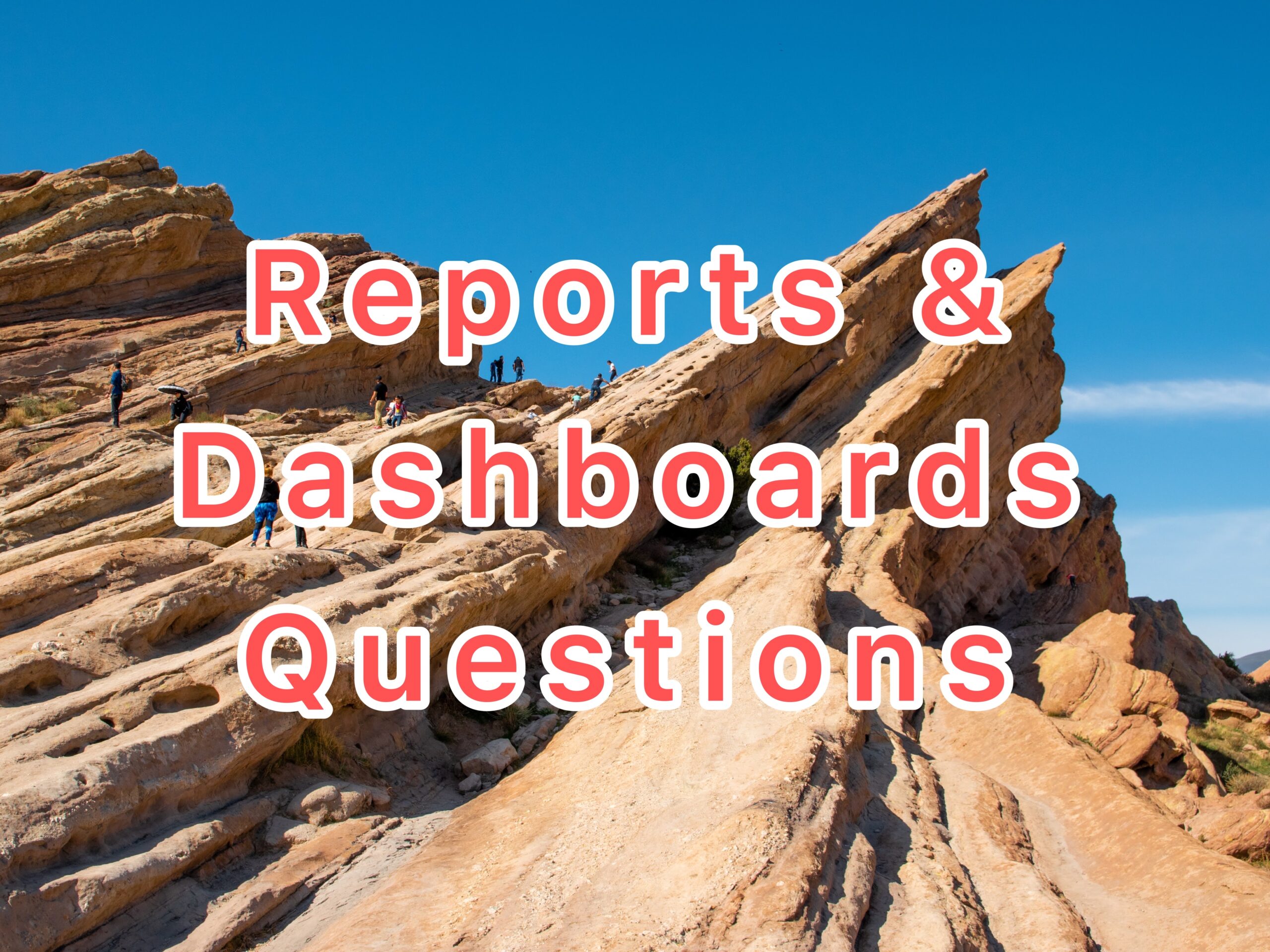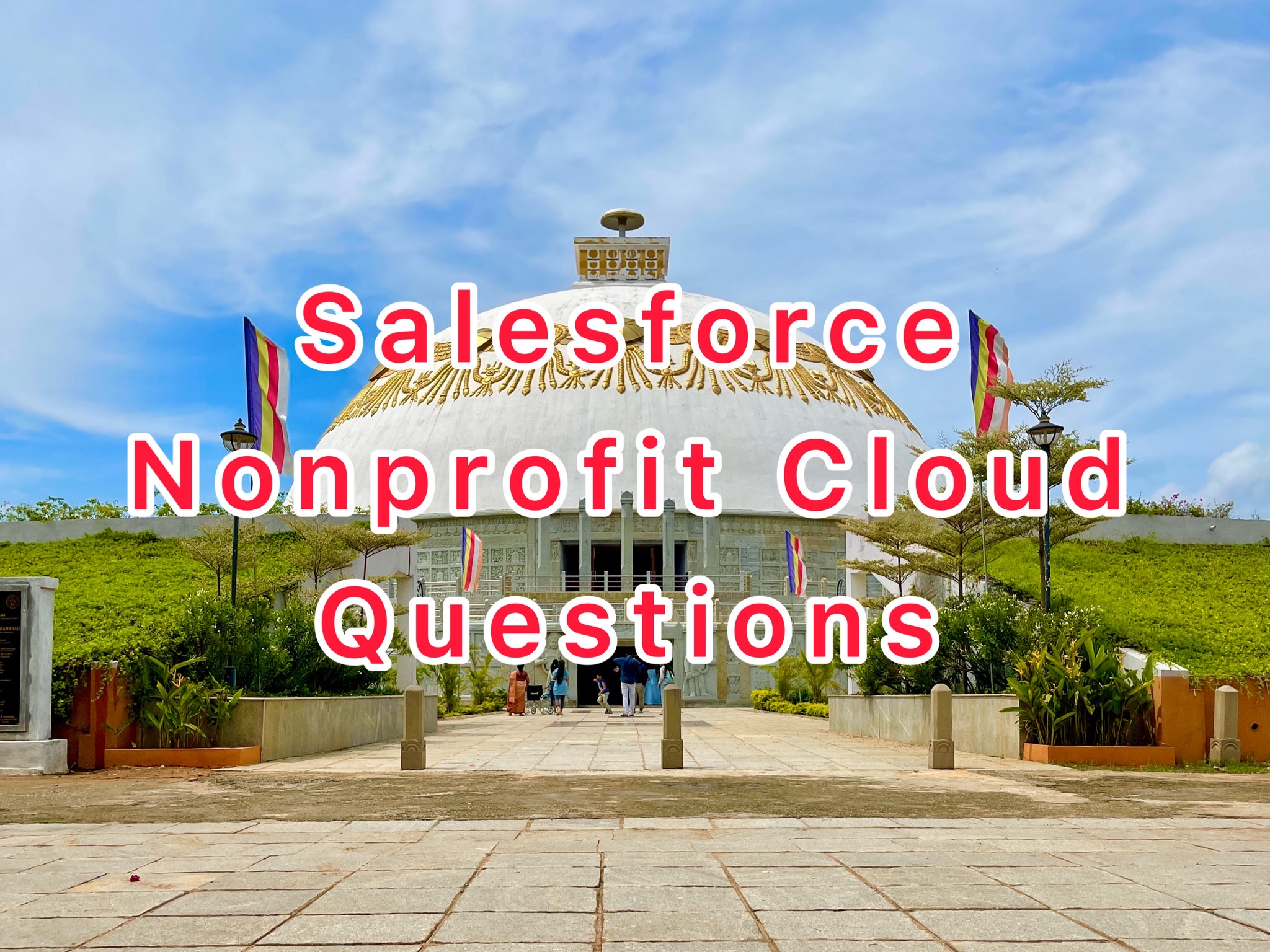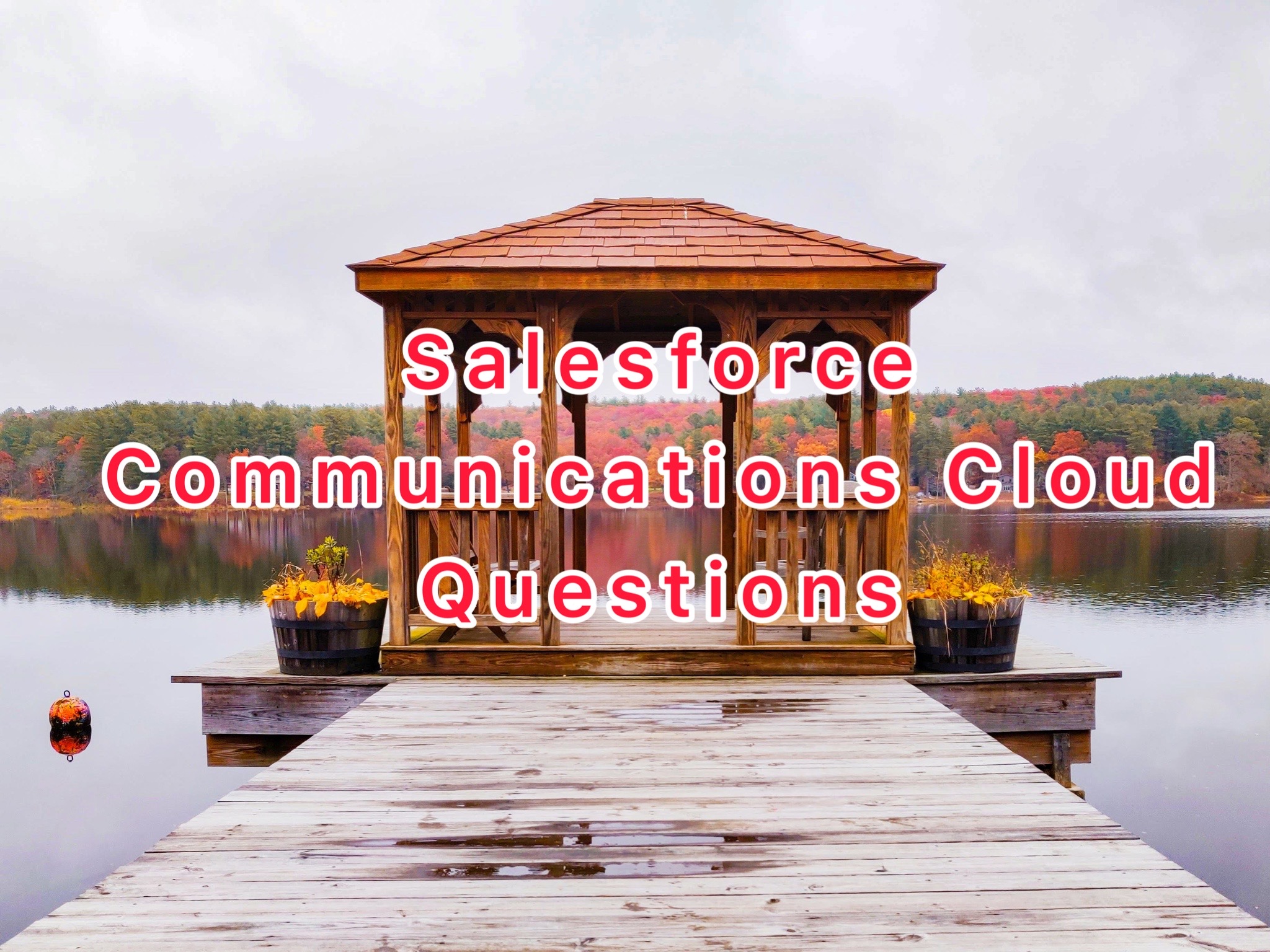Top Salesforce Data Cloud for Marketers Interview Questions and Answers for 2023.
- Q1. What is Salesforce Data Cloud?
- Q2. What is the Customer 360 Data Model?
- Q3. What is a Data Model Object (DMO)?
- Q4. What is a Subject Area?
- Q5. What is a Data Stream?
- Q6. What is an Attribute?
- Q7. What is a Foreign Key?
- Q8. List some of the Customer Data Cloud for Marketing Permission Sets.
- Q9. List some of the key Customer 360 Data Model Subject Areas.
- Q10. What is Calculated Insights?
- Additional Salesforce Data Cloud Resources

Q1. What is Salesforce Data Cloud?
Using Salesforce Data Cloud you can Ingest, harmonize, unify, and analyze real-time and streaming data with Salesforce Data Cloud. You can use that information to unlock meaningful and intelligent experiences across Customer 360 applications and beyond.
Q2. What is the Customer 360 Data Model?
The Customer 360 Data Model is the common data model used by the Customer Data Platform to aid in the interoperability of data between apps. By offering established data interoperability principles, the Customer 360 Data Model simplifies the challenging process of integrating data across cloud applications. It may be utilized and expanded to develop a single perspective of the client, provide analytics, create data lakes, and more. The Customer 360 Data Model is divided into subject areas that each stand for a key business idea, such as engagement data, product information, or customer information.
Q3. What is a Data Model Object (DMO)?
A Data Model Object (DMO) is a customer-created object in the data model. A reference object from the Customer 360 Data model may be used when creating a new object. When a reference object is used, the name, shape, and semantics of the reference object are passed on to the standard DMO. Moreover, customers have the option to define a totally unique DMO. Data must first be mapped from a Data Lake Object (DLO) to a DMO before it can be utilized for segmentation, activation, or analytics.
Q4. What is a Subject Area?
A subject area is a business concept or term used to group similar data objects to aid in data modeling, for example, sales orders, loyalty or engagement data. Each subject area contains one or more data model objects.
Q5. What is a Data Stream?
A data source brought into Customer Data Platform, for example, a Marketing Cloud customer data extension. These data streams can be based on batched data or real-time data streams.
Q6. What is an Attribute?
An attribute, also called a field, is a specific piece of data found in a DMO, for example, a customer’s first name. This is similar to a data extension field in Marketing Cloud.
Q7. What is a Foreign Key?
A foreign key is a common link found between data sources that builds data relationships—for example, a customer ID number.
Q8. List some of the Customer Data Cloud for Marketing Permission Sets.
- Customer Data Cloud for Marketing Admin—Users with this permission set can manage day-to-day configuration needs, support, maintenance, and improvement and perform regular internal system audits.
- Customer Data Cloud for Marketing Data Aware Specialist—Users with this permission set can map data to the data model and create data streams, identity resolution rulesets, and calculated insights.
- Customer Data Cloud for Marketing Manager—Users with this permission set can manage an overall segmentation strategy, including creating activation targets and activations.
- Customer Data Cloud for Marketing Specialist—Users with this permission set can create segments.
Q9. List some of the key Customer 360 Data Model Subject Areas.
Some of the key Customer 360 Data Model Subject Areas are listed below:
- Case Data Model – Groups and defines recorded issues, such as laptop connectivity problems or support tickets.
- Engagement Data Model – Defines interactions with a party. Example interactions could be speaking to a customer over the phone or receiving a customer email.
- Party Data Model – Groups data model objects (DMO) that reflect contact information (personal or business) for a specific customer or account.
- Privacy Data Model – Tracks and stores certain data privacy preferences. Keep in mind that deciding how to honor customer privacy preferences is up to you.
- Product Subject Area – Defines anything you plan to sell or any part of a product to track for service purposes.
- Sales Order Data Object – Defines the future revenue or quantity for an opportunity by product family and rolls it up by territory, management (role), or hierarchy.
- Additional Standard Data Model Objects – Includes other standard data model objects that can help organize data in Customer Data Platform.
Q10. What is Calculated Insights?
The Calculated Insights feature lets you define and calculate multidimensional metrics on your entire digital state stored in Salesforce Customer Data Platform. You can create metrics such as Recency, Frequency, Monetary Value (RFM) scores, engagement scores, churn rates, most viewed categories, product cluster analysis, and customer satisfaction score (CSAT) at the profile, segment, and population levels, or any other specialized metrics.
Additional Salesforce Data Cloud Resources
This article will be updated soon, please come back for more Salesforce Data Cloud Interview Questions and Answers!
Recommended Articles


